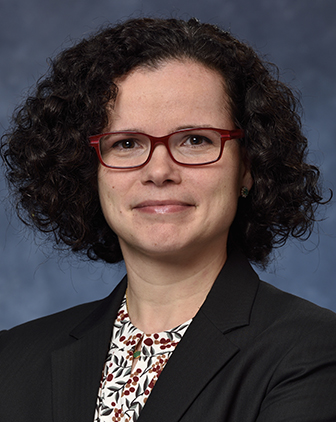10 King's College Rd
Toronto, ON M5S 3G8
Canada
 Dr. Carla Ng
Dr. Carla Ng
Departments of Civil & Environmental Engineering, & Chemical & Petroleum Engineering
UNIVERSITY OF PITTSBURGH
Per and polyfluorinated alkyl substances (PFAS) comprise a large group of industrial chemicals that have become pervasive environmental contaminants. Among them, long-chain perfluorinated alkyl acids are now recognized as extremely persistent, bioavailable, and bioaccumulative substances. Growing concern regarding their toxicological effects has led to (largely voluntary) phaseouts in the US and Europe. Short-chain acids were suggested as immediate drop-in replacements because they do not bioaccumulate and are therefore considered less toxic. Yet emerging data on the potential toxicity of even very low levels of certain PFAS is driving regional “action levels” in drinking water in the part per trillion range.
At the same time, a wide variety of “alternative PFAS” have increased production to fill market demand. Thousands of different PFAS, with a variety of chain lengths, degrees of fluorination, and functional groups are now used in industries ranging from fire fighting to industrial processing to personal care products to food packaging. Very little is known about the bioaccumulation potential and toxic effects of these replacement compounds.
In this seminar, we will explore why current risk assessment paradigms and water treatment approaches fail to adequately capture or mitigate the risks posed by PFAS and discuss strategies for addressing this pressing global contamination problem.
_________________________________________
Dr. Carla Ng is an Assistant Professor in Civil and Environmental Engineering at the University of Pittsburgh, with a secondary appointment in Chemical & Petroleum Engineering. She received her PhD in Chemical & Biological Engineering from Northwestern University in 2008. The research in Dr. Ng’s group focuses on the development of models for the fate of chemicals in organisms and ecosystems, at the intersection of chemistry, biology and engineering. Active research areas include the development of mechanistic models for the bioaccumulation of emerging contaminants in organisms, tracking the fate of legacy and current-use pesticides in tropical environments, and exploring the role of the industrial food system on the fate of environmental contaminants, with implications for human exposure.